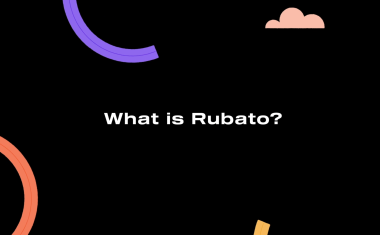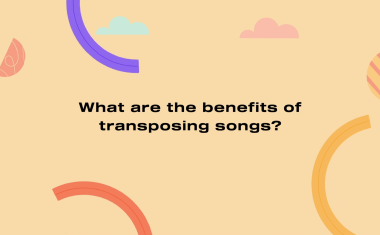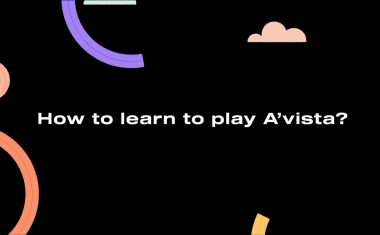What is rubato?

Welcome to the Rubato Academy! Today we are going to focus on our favorite musical concept. This is, not surprisingly, the concept of rubato! We like the term very much, but it does not change the fact that it is not easy to define. We would say that its definition is rocky. As rocky as rubato itself.
Rubato is connected with a melancholic suspension of a musical phrase. And with impatient, accelerating musical questions.
Rubato is a part of wider interpretation of a musical piece. Because of it, we will not find exact guidelines on how to play rubato properly.
Sounds like a great story!
The easiest way to understand rubato is by comparing it to well-narrated, emotional story.
Imagine that you just got back home from a wonderful holidays. You are speaking quickly, with a slightly raised voice. You declaim short words – Great! Wow! Heat!
However, you use completely different tone when you recollect the melancholy of the November evening. You pronounce the words slowly. The listener can hear in them the monotonous rhythm of the falling rain. You murmur – Autumn… Rain…

Deep emotions and rubato
Musical rubato is all about making subtle changes in tempo. Thanks to rubato, we are able to depict deep emotions in the music we perform. They depend on delicate phrasing, lenghtening and shortening of sounds played on the instrument.
Why is rubato so important? Because in order to play emotionally, it is not enough to change the dynamics. And what determines the value of musical performance is the interpretation. After all, the winners of the Chopin Competition and simple automatic machines play using exactly the same notes! To put it in a nutshell, virtuoso performances are distinguished by the perfect understanding of the nuances of rubato, among other things.
The proper measure
What is important in playing rubato is the momentary slowing down, a slight hesitation. But only for a while, just to be replaced by the following expressive acceleration! It is important, however, that the entire musical sentence fits within a measure or phrase determined by the beats of the metronome. Just like in the Viennese waltz: one revolution can be faster than the other. But all of them together make up a coherent, dynamic dance.
„Rubato“ means „I got robbed“!
Rubato means „to rob“ in Italian. Hence, if you want to remember what rubato means, try to imagine an Italian shopkeeper. It is a lazy afternoon, when suddenly… His most beautiful orange has just been stolen from a stall! Wolfgang Amadeus Mozart himself must have learned from such masters of emotions!
Rubato! I have been robbed! With what indignation he exclaims about the harm done by the thief! He stretches out vowels! And speeds up, spitting out words. He stops with sighs, leaning against the window of his shop. Then she quickly screams out again, wringing her hands! None of the people listening to him can resist this emotional speaker.
How to practice rubato?
Despite it is not easy, you can learn such a rubato. But how to practice rubato while working with the accompanist?
Such an option is provided by Rubato app. Using the smooth slider control, you can adjust the interpretation of the electronic accompanist.
When choosing the 100% option, it will play according to the emotional interpretation, with the greatest rubato. At 50%, accelerations and decelerations will be halved. And if you select 0%, the accompaniment will be devoid of accelerando, ritardando or ritenuto.


